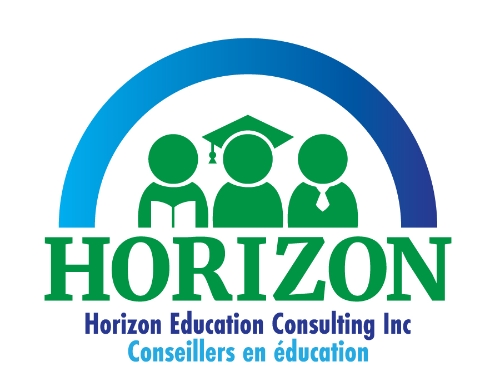The Ontario Ministry of Education promotes good communication between home and school and encourages parents to participate in schools to foster success for their child. However when parents advocate for their child, particularly a special needs child in the schools, there is silence instead of singing praise. Moreover, advocacy in the school by teacher-parents for their own children’s needs is downright shunned upon and can even be career limiting. The dichotomy of this reality is astounding.
How many teacher-parents do not disclose to their child’s teacher that they themselves are members of the profession? That their inquiries and questions are veiled in simple language so as not to reveal their knowledge of current trendy terms in education or reveal their pedagogical background? It’s called self-protection in a job setting where any comment can quickly be turned against a teacher-parent by a colleague to the union, the employer or the regulatory body of the profession, the Ontario College of Teachers.
Teacher-parents are the most vulnerable group of employees in the education sector. They face reprisal for advocating for their child, or their child faces reprisal by a teacher or other school personnel if they present a challenge to staff, or if the parent is perceived as a ‘difficult’ parent. Communication between school and home, which is supposed to be nurturing, becomes tactical, strategic and carefully negotiated conversations between – not a parent and an educator – but between professionals vying to balance hierarchical roles, professional responsibilities and equitable treatment in an always prickly situation. But the unspoken thought during any meeting, is that the teacher-parent is seeking special treatment for their child because they know the system and want to work it in their favour.
A conflict of conscience for any teacher-parent who tries to balance the rights of their child with their own rights to express the best interest of the child as a professional. Clearly though, teacher-parents are not seen as equal professionals, as they have been specifically told in these types of situations that they are teachers first and parents second in their chosen profession. Hence the term ‘teacher-parent’ and not ‘parent-teacher’ which can refer to parents who choose to homeschool their children.
So where does the ‘in loco parentis’ (in the role of parent) referred to in the Ontario Education Act as the guiding duty of a teacher, fit into the context of teacher-parents? Why is one role diminished to the other in the actual day to day reality of school life when legislation equates the two in importance? The answer lies in school board culture, the authoritative roles established by a system built on a foundation of an ages old historical military structure, a ‘do not question’ environment that is out of touch with all the promoted hype of collaboration.
Advocating by a teacher-parent goes against the establishment, which is what makes it career limiting. Given the highly political realm of education in Ontario, school board employers enjoy a status quo in which excellence and critical thinking is encouraged in students but only to the creative extent, and not in the advocacy for change context. Teacher-parents who actively advocate for their children in the same school board where they work are not promotion material, lest they disrupt the status quo and promote changes that would actually benefit students in the system, because first hand parental experience can breed innovative solutions in the education sector.
How refreshing innovation would be to the student services model currently in place. How innovative to have teacher-parent expertise influence school board policy and practice. What a rich resource of potential solutions lie in the unacknowledged pool of teacher-parent experience.
Advocacy is perceived as a disruption to the status quo, presenting threatening change which may cause potential new precedents to come forward with possible legal implications for school board employers. It is no surprise that school boards are not on the Fortune 500 list of best organizations for whom to work. Devaluing teacher-parents for their combined expertise will never help them make the list.
Teacher-parents must therefore choose between advocating for their children first and placing their careers second. Often, they will transfer their children to another school board (sometimes losing Charter rights in the process), seek additional resources for their child outside of the school or homeschool. Teacher-parents in rural and remote areas who do not have access to other options are the most penalized. When they stick up for their child it hurts their career, because if homeschooling is their only option, they lose their career entirely.
Being stuck in a career with no advancement opportunity or relinquishing a career for the sake of your child is financially and morally debilitating. Most importantly, given that the education sector is predominantly female, this career setback acutely impacts, once again, any progress made in the professional gender earnings imbalance for Ontario families.


